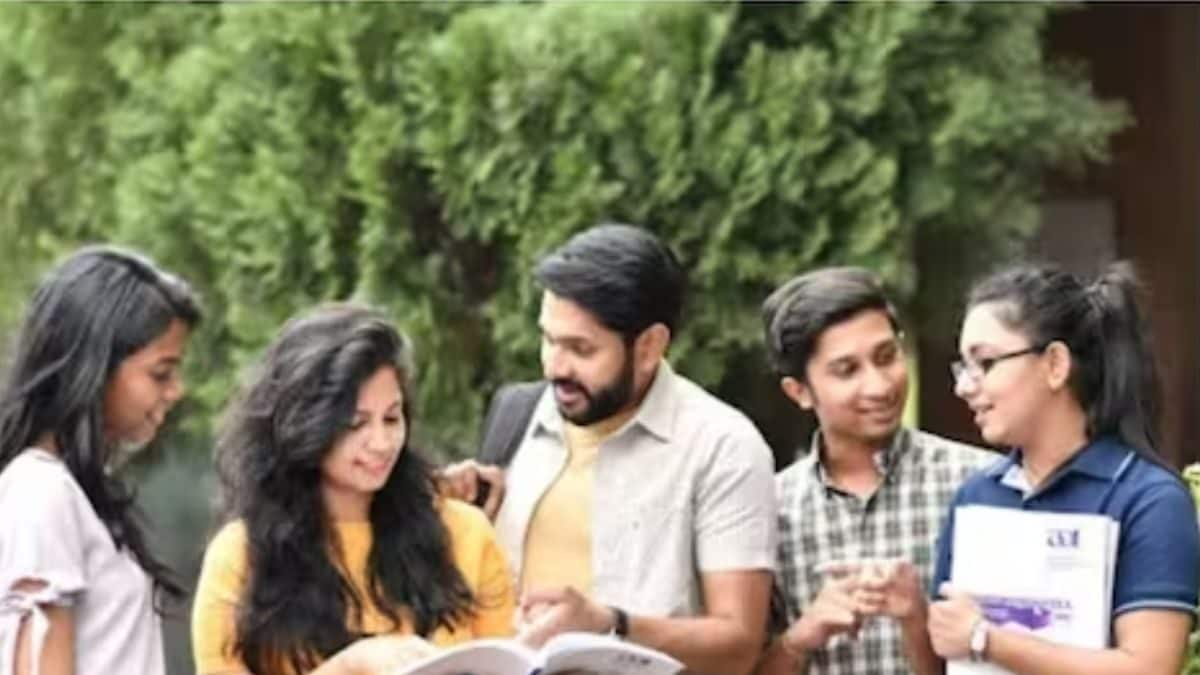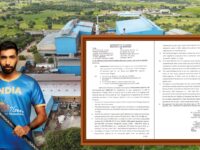UG Programme Textbooks to be Available in Gujarati, Punjabi, Marathi Languages by June Next Year

According to a top official, three states — Gujarat, Punjab, and Maharashtra — have been identified for the development of regional language textbooks for BA, BCom, and BSc programmes in the first phase (Representative image/File)
Committees have been assigned to identify around 100 authors in each state, who could be practicing or retired academicians, to write the science, commerce, and arts textbooks in the languages, UGC chairperson said
Textbooks for undergraduate courses in arts, commerce, and science are set to be offered in Gujarati, Punjabi, and Marathi languages, to start with, by June 2024. The University Grants Commission (UGC) has identified state universities in each of the three states to identify authors to write these textbooks, which will then be available in digital format.
The initiative for developing course textbooks in regional languages in the higher education system is in line with the new National Education Policy (NEP), 2020, which has its major focus on teaching and learning in local languages. The UGC had last December announced that it had formed a panel to bring out textbooks in different languages within six to twelve months.
According to a top official, three states — Gujarat, Punjab, and Maharashtra — have been identified for the development of regional language textbooks for BA, BCom, and BSc programmes in the first phase. The state universities designated for the task include — Maharaja Sayajirao University of Baroda, Punjab University, and Savitribai Phule Pune University.
“The vice-chancellors of these universities have been appointed as the nodal officers for the task. The nodal officers in each of the states will be responsible for suggesting names of 10 V-Cs of other institutions, which could be central, state, private, or deemed to be universities. The selected members in each of the states will form a committee by December 6 to identify prospective authors to write the textbooks,” stated a letter by the higher education regulator to one of the universities dated November 29.
The committee has been titled ‘Bhasha Samvardhan Samiti’ with the name of the respective state as the prefix. Each of the panels will be coordinating with the UGC directly, which is likely to hold a discussion with the nodal officers and other state education representatives on the project by mid-December.
According to Prof M Jagadesh Kumar, UGC chairperson, the respective committees will identify around 100 authors in each state, who could be practicing or retired academicians, to write the textbooks in the languages.
“There is a huge demand for books in regional languages among the local youth and this initiative is aimed at fulfilling the same. It can bring about a crucial change in understanding the course material for students across these states. The entire process of writing books will be facilitated by the committees for each state led by the nodal officers. The manuscripts will be reviewed by experts and the UGC will be directly monitoring the process at each step,” said Kumar.
Once the panels are formed and authors identified, he added, the Commission will start the next phase for the project in the southern region and then parallelly in other regions across the country. The textbooks once ready will be uploaded on the e-kumbh portal, which allows students to download the textbooks free of cost.
The All India Council for Technical Education (AICTE), which runs the e-kumbh portal, has already brought out over 270 textbooks for first-year engineering students in 12 regional languages. Also, panels have been formed for developing textbooks for medical and legal courses as well in Hindi as well as other regional languages. Also, in line with the NEP, revised textbooks for school students will be available in 22 scheduled languages from the next academic session.

Atul Tiwari is a seasoned journalist at Mumbai Times, specializing in city news, culture, and human-interest stories. With a knack for uncovering compelling narratives, Atul brings Mumbai’s vibrant spirit to life through his writing.






